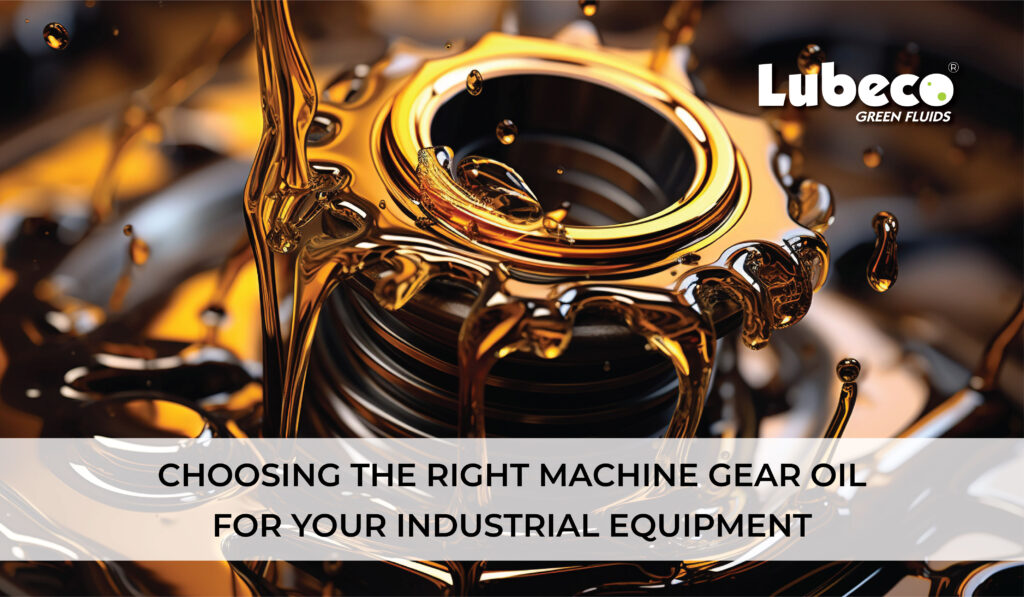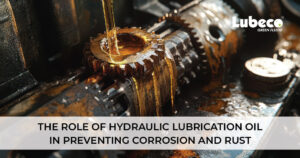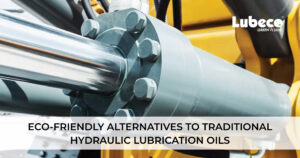In industrial operations, machine gear oil plays a vital role in ensuring smooth functionality and prolonged equipment life.
Selecting the right gear oil isn’t just about picking a well-known brand—it requires an understanding of your machinery, operating conditions, and the oil’s specific properties.
This comprehensive guide will walk you through everything you need to know about choosing the right machine gear oil for your industrial equipment.
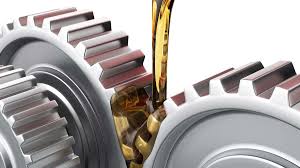
What Is Machine Gear Oil and Why Does It Matter?
Machine gear oil is a lubricant designed to reduce friction and wear in gear systems while providing corrosion protection and heat dissipation. These oils are essential for maintaining operational efficiency, reducing maintenance costs, and preventing equipment downtime.
Using the wrong gear oil can lead to:
- Increased wear and tear
- Overheating
- Corrosion and rust
- Equipment failure
This makes selecting the correct gear oil a critical part of industrial equipment management.
Key Factors to Consider When Choosing Gear Oil
1. Type of Gear System
Understanding your equipment’s gear system is crucial:
- Spur Gears: Require oils with excellent anti-wear properties.
- Bevel Gears: Often used in high-speed applications, they need high-performance oils.
- Worm Gears: Require lubricants with high viscosity and anti-corrosion additives.
- Helical Gears: Need oils with good thermal stability and load-carrying capacity.
2. Operating Conditions
The environment in which your machinery operates impacts your choice:
- Temperature Range: Ensure the oil performs well in both extreme heat and cold.
- Load: Heavily loaded systems need oils with high film strength and extreme pressure (EP) additives.
- Speed: High-speed systems require low-viscosity oils for efficient lubrication.
3. Viscosity
Viscosity is a critical characteristic of gear oil, determining its flow and film strength under operating conditions. Always refer to the manufacturer’s recommendations for the appropriate viscosity grade.
4. Additives
Gear oils contain additives to enhance performance:
- Extreme Pressure (EP) Additives: Protect gears under high-pressure conditions.
- Anti-Wear Additives: Minimize wear and prolong equipment life.
- Rust and Corrosion Inhibitors: Protect components in humid or corrosive environments.
- Foam Inhibitors: Reduce foam formation, ensuring consistent lubrication.
5. Compatibility
Ensure the oil is compatible with your equipment’s materials, including seals, gaskets, and metal components.
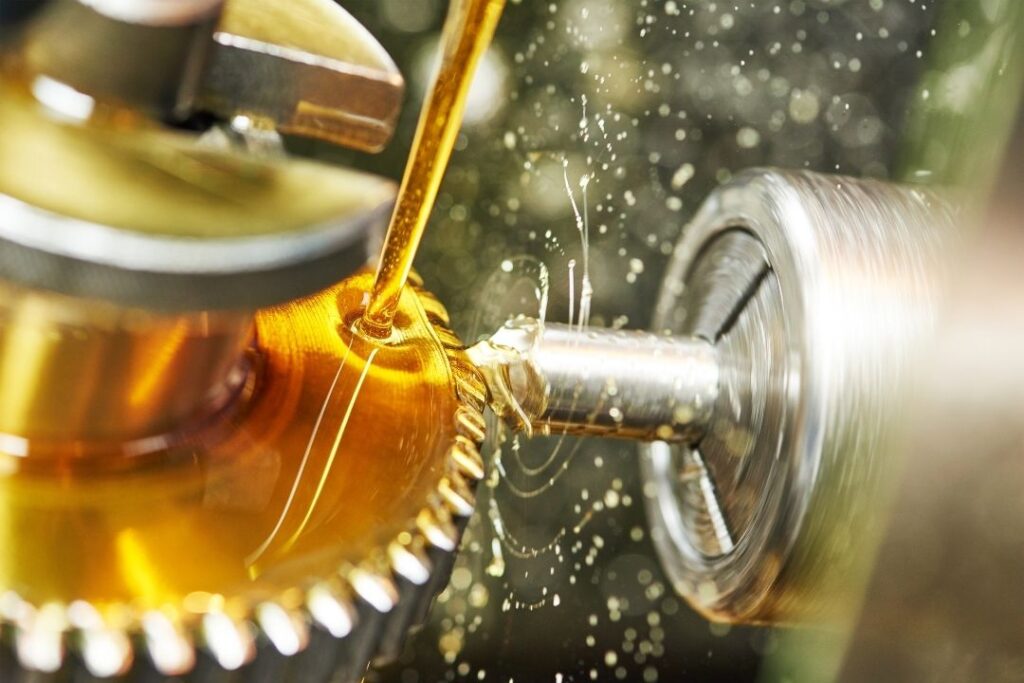
Types of Gear Oils
1. Mineral-Based Gear Oils
Derived from crude oil, these are cost-effective and suitable for standard applications. They may require frequent replacement compared to synthetic oils.
2. Synthetic Gear Oils
Engineered to provide superior performance, synthetic oils excel in extreme temperatures and high-pressure environments. They offer better oxidation stability and longer service life.
3. Semi-Synthetic Oils
These blend mineral and synthetic oils, offering a balance between cost and performance.
4. Food-Grade Gear Oils
Specifically designed for machinery in the food and beverage industry, these are non-toxic and comply with health regulations.
Steps to Choose the Right Gear Oil
- Consult Equipment Manuals: Follow the manufacturer’s recommendations for oil type and viscosity.
- Analyze Operating Conditions: Evaluate the environment, temperature, and load factors.
- Test for Compatibility: Ensure the oil works well with your machinery’s components.
- Consider Energy Efficiency: High-quality oils can improve energy efficiency by reducing friction.
- Work with a Specialist: Consult with a lubricant supplier or engineer for tailored advice.
Benefits of Using the Right Gear Oil
Choosing the correct gear oil offers numerous advantages:
- Extended Equipment Life: Reduced wear and tear keeps machinery running longer.
- Lower Maintenance Costs: Proper lubrication minimizes breakdowns and repairs.
- Enhanced Efficiency: Reduced friction results in better energy utilization.
- Operational Stability: Reliable performance under varying conditions ensures consistent productivity.
Common Mistakes to Avoid
- Ignoring Manufacturer Guidelines: Always adhere to specified oil types and grades.
- Overlooking Environmental Factors: Choose oils that match your operating conditions.
- Neglecting Maintenance Schedules: Regular oil changes ensure optimal performance.
- Mixing Oils: Avoid combining different types of oils, as this can reduce effectiveness.
How to Maintain Gears in Industrial Equipment
Proper maintenance of gears is essential to ensure the longevity, efficiency, and reliability of industrial equipment. Here are some key practices to keep your gears in top condition:
1. Regular Lubrication
- Use the correct type and grade of gear oil as recommended by the manufacturer.
- Check oil levels regularly and refill or replace as needed.
- Monitor the oil’s condition to ensure it hasn’t degraded or become contaminated.
2. Routine Inspection
- Inspect gears for signs of wear, pitting, or misalignment.
- Check for unusual noises or vibrations during operation, which could indicate gear issues.
- Look for leaks around seals that could lead to insufficient lubrication.
3. Proper Alignment
- Ensure gears are properly aligned to avoid uneven wear.
- Misaligned gears can cause excessive friction, overheating, and reduced efficiency.
4. Cleaning
- Keep gears free from dirt, debris, and contaminants.
- Use appropriate cleaning agents to remove buildup without damaging the gear material.
5. Monitor Load and Speed
- Avoid overloading or running the equipment at speeds beyond its design limits.
- Excessive load or speed can lead to premature wear or failure.
6. Temperature Control
- Monitor operating temperatures to prevent overheating.
- Ensure adequate ventilation and cooling systems are functioning properly.
7. Replace Worn Components
- Replace damaged or excessively worn gears promptly to prevent further damage.
- Use high-quality replacement parts to maintain performance.
8. Train Operators
- Ensure operators are trained in proper handling and operation of the equipment.
- Misuse can lead to gear damage and reduced lifespan.
To Sum It Up
Selecting the right machine gear oil is not just a technical decision—it’s an investment in your industrial equipment’s reliability and efficiency.
By understanding your machinery, operating conditions, and the properties of various gear oils, you can make an informed choice that benefits your operations in the long term.
Take the time to evaluate your needs, consult experts, and invest in high-quality gear oil. Your equipment—and your bottom line—will thank you.
FAQ’s
1. What makes Supergen engine oil ideal for Indian roads?
Supergen engine oil is specifically designed to handle India’s diverse climates and road conditions, from the scorching heat to the monsoon rains.
2. How often should I change my engine oil?
We recommend changing your engine oil every 5,000 to 7,500 kilometers, depending on your vehicle’s make and usage.
3. Can your oil be used for all types of vehicles?
Yes, our oil is suitable for a wide range of vehicles, including cars, bikes, and commercial vehicles.
4. Does engine oil improve engine performance?
Absolutely! Engine oil enhances engine efficiency, reduces wear, and provides smoother performance on challenging roads.

